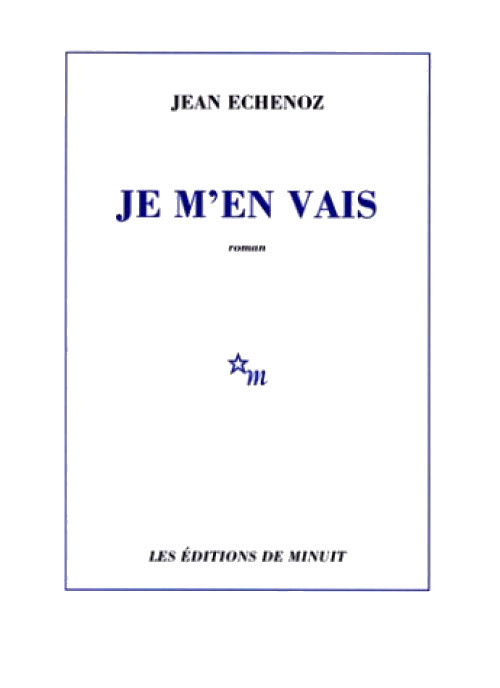What do you think?
Rate this book


253 pages, Paperback
First published September 7, 1999
Then, her hair very dark and very long, no older than thirty nor shorter than five foot ten, the young woman named Laurence who had just opened the door smiled at him without saying a word before closing it behind them both.
The incidents with the dogs multiplied. Another day, for instance, between two transparent prisms of sharp ice, they came upon the body of a pachyderm that had been lying there since God knows when. Half buried, the corpse was sugared with ice, better preserved under the floe than a pharaoh in his pyramid: ice embalms just as thoroughly as it kills. Despite the guides’ outbursts, curses, and whip cracks, the dogs swooped avidly down on the mastodon, and what ensued was only the panting, viscous, repugnant crackings of busy jaws.